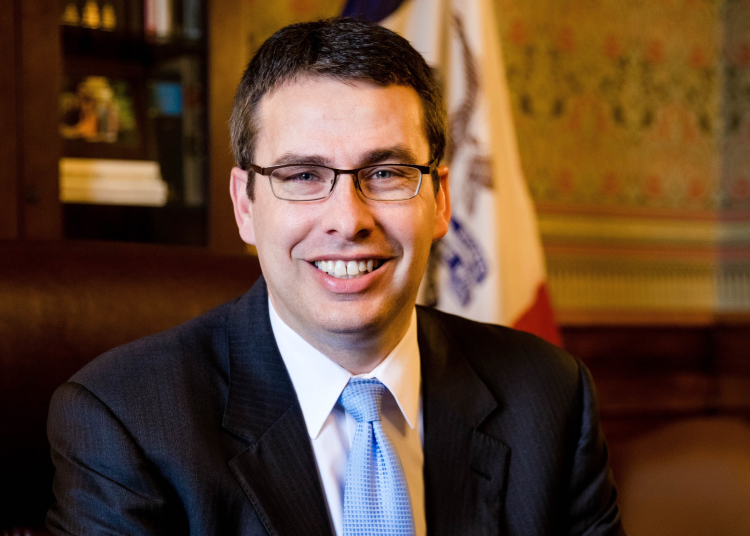Many entrepreneurs believe that the biggest obstacle to their success is funding. It’s not. It’s accepting that no part of building a business is fast or easy.
The biggest obstacle prospective founders have is the relentless commitment to creating a scalable, profitable business model that is supported by a compelling story. The challenge is accepting that all of us benefit from the support of others.
I’d take it a step further and say that appreciating the importance of putting in the work to support your business assumptions with believable data is critical. I’ve found myself obsessed with this early stage work that people need to put in if they want to achieve success. To me, this is the hard stuff to get right, but taking the time to master it will save immeasurable amounts of time and resources down the line. Said another way, not doing this exceptionally well will waste time and potentially kill your business.
When approached by anyone at the early stages of business creation, most of my questions stay focused on who they believe their preferred customer is and why they believe that to be true. How do we determine that we are right by proving our assumptions correct?
The willingness to prove our assumptions false might be a tough pill to swallow, but we must see that as a vital step in the process. Validating or invalidating our assumptions is the essential learning that we must remain focused on in our pursuit of success.
What do we believe the customer values the most and how might we deliver that value in a way that is different and better than the alternatives currently available in the market? The same is true to identifying the value we deliver. Do not assume we know what the customer wants. We need to ask them in a way that doesn’t lead them to respond with our bias. It is OK to be wrong and it is almost preferred. The thought that we know what the customer wants more than they do is not often accurate. It can happen, but expect it to not be the case.
When we hear our customer unlock knowledge we did not have before we engaged them, we are opening up opportunities for a breakthrough.
Once we truly know who our preferred customer will be and what value we will deliver, then we focus on what they are willing to pay for a solution to their problem. If we remain completely open-minded, and not focused on our preconceived notions, we often find that the problems our customers face are much bigger than we initially thought. We learn that there are actually many problems that we will then need to prioritize as we build our company. As a mentor to entrepreneurs, I think that any time a business model changes through our findings, we are improving its potential.
Skipping steps, believing guesses, and moving too fast will all create expensive or fatal problems for your business.
I’m a firm believer that all aspiring entrepreneurs need to surround themselves with people that will challenge their assumptions and push them hard to do the work needed to find facts, not settle for guesses and assumptions.
There is simply no replacement for a high-quality, talented network of entrepreneurs who are willing to challenge each other in the pursuit of building exceptional companies. Invest the time in taking your ideas through a rigid process of ideation to validate your business model before you create a company. Not committing to doing this well will lead to a long struggle where the business doesn’t scale the way we hoped, and it also leads to the lack of funding that many entrepreneurs think is the actual problem.
David Tominsky is the chief relationship officer at The New Bohemian Innovation Collaborative (NewBoCo).




